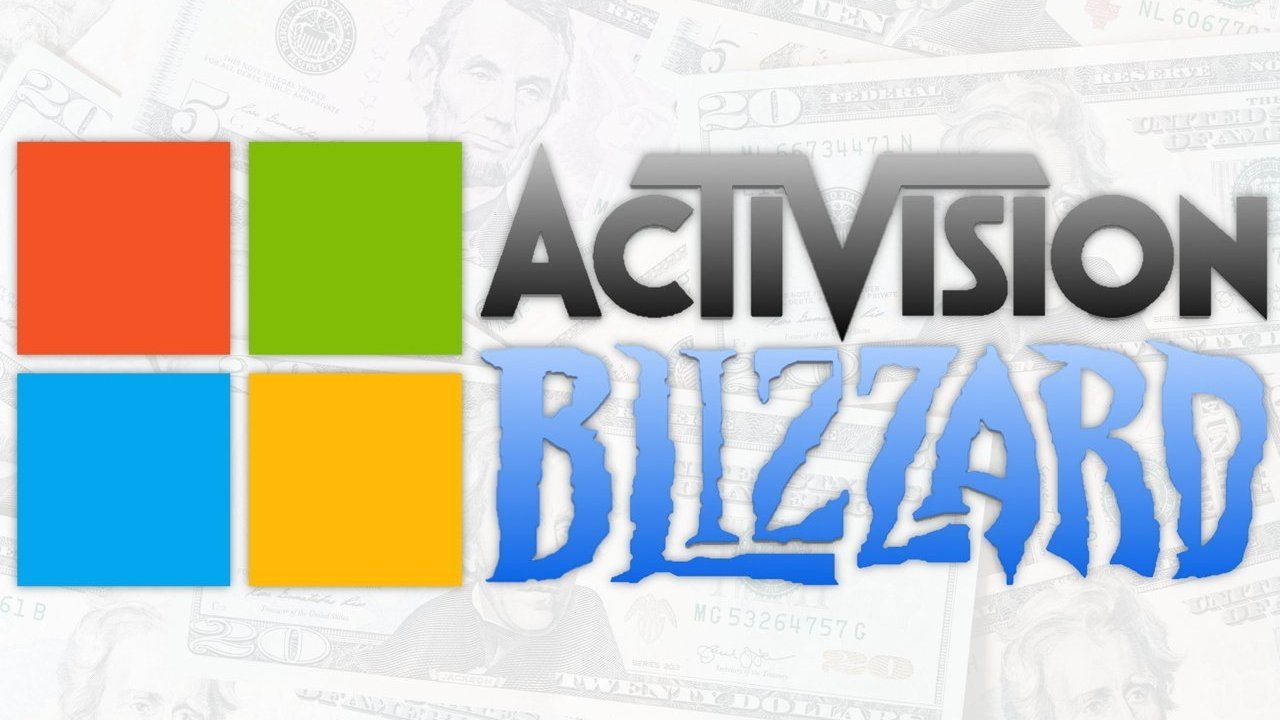Microsoft's $68.7 billion acquisition of Activision Blizzard has been given the go-ahead by the European Commission, removing one more obstacle from the deal reaching completion.
On Monday, the European Commission approved the proposed acquisition of Activision Blizzard by Microsoft under the EU Merger Regulation. The approval is one where conditions have to be met to address the Commission's competition concerns.
The commitments "fully address the competition concerns identified by the Commission and represent a significant improvement for cloud gaming as compared to the current situation," the regulator said.
The decision was made following an investigation into the proposed acquisition, which initially found Microsoft could harm competition in the console and PC game market, as well as in the supply of operating systems for PCs. An in-depth market investigation then found Microsoft wouldn't harm rival consoles or rival multi-game subscription services.
However, that in-depth investigation also determined Microsoft could still harm competition in the distribution of games via cloud game streaming services, and that its PC OS market position would be strengthened.
To counter the concerns, Microsoft offered licensing commitments that would last for ten years. This included a free license to EEA consumers to stream all current and future Activision Blizzard PC and console games where they already own a license, and a free license to cloud game streaming providers to allow gamers to stream those same games.
"Video games attract billions of users all over the world. In such a fast-growing and dynamic industry, it is crucial to protect competition and innovation," said Margrethe Vestager, executive VP in charge of competition policy at the Commission.
"Our decision represents an important step in this direction, by bringing Activision's popular games to many more devices and consumers than before thanks to cloud game streaming."
While Europe has given the stamp of approval, it doesn't help Microsoft's situation in the UK, which has already been halted by regulators over potential reduced competition in cloud gaming. On May 5, the Competition and Markets Authority went further, publishing an interim order limiting acquisitions between the companies by forcing them to obtain "prior written consent" from the regulator.
Microsoft plans to appeal against the CMA.
 Malcolm Owen
Malcolm Owen







-m.jpg)






 Christine McKee
Christine McKee
 Marko Zivkovic
Marko Zivkovic
 Mike Wuerthele
Mike Wuerthele

 Amber Neely
Amber Neely
 Sponsored Content
Sponsored Content
 Wesley Hilliard
Wesley Hilliard










12 Comments
Microsoft, please complete the deal, please….
Hotmail. $500 million dollars.
Vizio $1.4 billion dollars.
Titus communication $1 billion dollars.
Navison $1.4 billion dollars.
*aQuantive $6.4 billion dollars wrote off in 2012 i.e. (a completewrite off shortly after acquiring)
*Skype Technologies $8.5 billion dollars.
*Yammer $1.2 billion dollars.
*Nokia $7.2 billion dollars.
*LinkedIn $26.5 billion dollars
*Git hub $7.2 billion dollars.
*ZeniMax Media 8.1 billion dollars.
*Nuance Communications to $20 billion dollars.
****Activision $69 billion dollars (Biggest in Microsoft history)****
Note, most were software acquisitions, which upon completion, most of the value of the software company dissipates rapidly, similar to Twitter, as an example.
Most of Microsoft acquisitions were complete right offs in the end. You certainly did not see most of the so-call tech implemented into their finished software i.e., their desktop OS or their web services division software in any meaningful way that justified the inflated prices that they paid for these boondoggles.In contrast, Apples largest merger in the last 25 years was only $3 billion dollars, Apples best acquisition cost $400 million but it came with the best CEO in the last 25 years, and three other acquisitions, PA Semi, Intrinsity, and Anobit critical to Apple’s, Arm SOC’s development, cost Apple a total of 1.1 billion dollars.
Are there still Apple users fighting some kind of Apple vs. Microsoft holy war? Really? really?
It's a fitting union. Using Microsoft products gives me the chills.